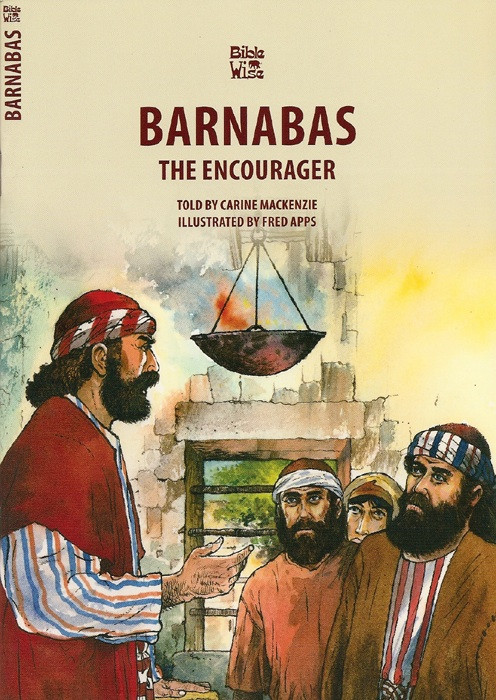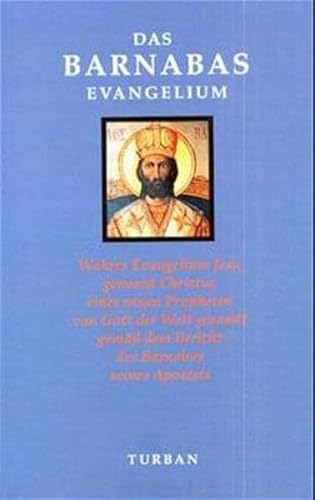

The fundamental importance of Sunday has been recognized through two thousand years of history and was emphatically restated by the Second Vatican Council: "Every seven days, the Church celebrates the Easter mystery. It is right, therefore, to claim, in the words of a fourth century homily, that "the Lord's Day" is "the lord of days".(2) Those who have received the grace of faith in the Risen Lord cannot fail to grasp the significance of this day of the week with the same deep emotion which led Saint Jerome to say: "Sunday is the day of the Resurrection, it is the day of Christians, it is our day".(3) For Christians, Sunday is "the fundamental feastday",(4) established not only to mark the succession of time but to reveal time's deeper meaning.ģ. Therefore, in commemorating the day of Christ's Resurrection not just once a year but every Sunday, the Church seeks to indicate to every generation the true fulcrum of history, to which the mystery of the world's origin and its final destiny leads. In fact, "all time belongs to and all the ages", as the evocative liturgy of the Easter Vigil recalls in preparing the Paschal Candle. It is a wondrous event which is not only absolutely unique in human history, but which lies at the very heart of the mystery of time. It is an astonishing reality, fully grasped in the light of faith, yet historically attested to by those who were privileged to see the Risen Lord. The Resurrection of Jesus is the fundamental event upon which Christian faith rests (cf.

And it echoes the joy - at first uncertain and then overwhelming - which the Apostles experienced on the evening of that same day, when they were visited by the Risen Jesus and received the gift of his peace and of his Spirit (cf. It is an invitation to relive in some way the experience of the two disciples of Emmaus, who felt their hearts "burn within them" as the Risen One walked with them on the road, explaining the Scriptures and revealing himself in "the breaking of the bread" (cf.

This invitation to joy, which the Easter liturgy makes its own, reflects the astonishment which came over the women who, having seen the crucifixion of Christ, found the tomb empty when they went there "very early on the first day after the Sabbath" ( Mk 16:2). Rightly, then, the Psalmist's cry is applied to Sunday: "This is the day which the Lord has made: let us rejoice and be glad in it" ( Ps 118:24). Acts 1:11 1 Th 4:13-17) and all things will be made new (cf. It is the day which recalls in grateful adoration the world's first day and looks forward in active hope to "the last day", when Christ will come in glory (cf. It is Easter which returns week by week, celebrating Christ's victory over sin and death, the fulfilment in him of the first creation and the dawn of "the new creation" (cf. In fact, in the weekly reckoning of time Sunday recalls the day of Christ's Resurrection. The Lord's Day - as Sunday was called from Apostolic times(1) - has always been accorded special attention in the history of the Church because of its close connection with the very core of the Christian mystery.


 0 kommentar(er)
0 kommentar(er)
